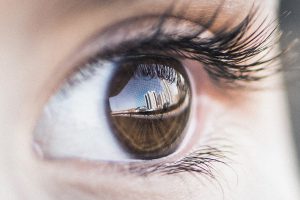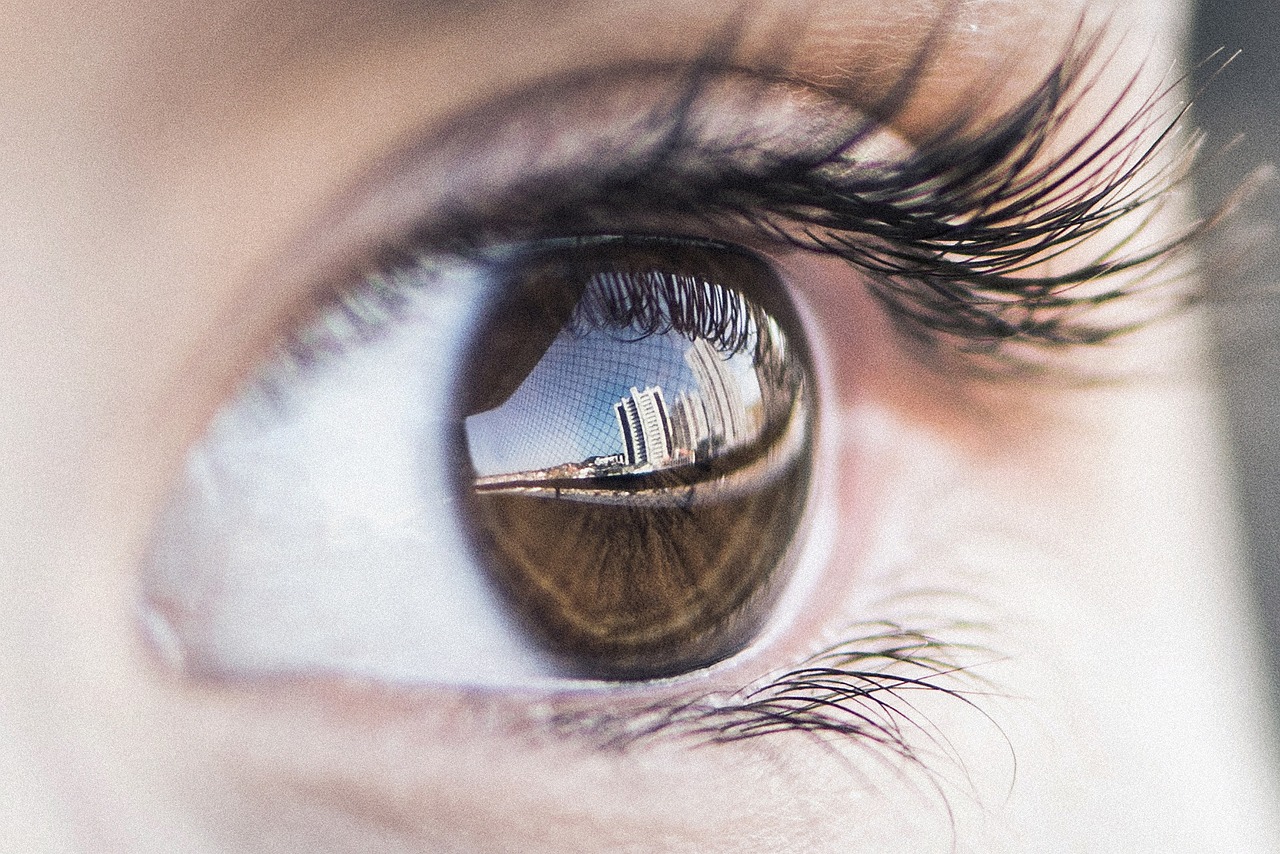Eye twitching, medically known as myokymia, is typically caused by stress, fatigue, caffeine, or eye strain. Most eye twitches are harmless and resolve on their own within days or weeks. Whether it’s left eye twitching or right eye twitching, the causes and treatments are generally the same.
Common Eye Twitching Causes
Primary triggers:
• Stress and anxiety – emotional tension affects muscle control
• Fatigue and lack of sleep – tired muscles are more prone to spasms
• Caffeine overconsumption – stimulants can trigger muscle contractions
• Eye strain – prolonged screen time or reading
• Dry eyes – insufficient lubrication causes irritation
• Nutritional deficiencies – low magnesium or B vitamins
Environmental factors:
• Bright lights – harsh lighting conditions
• Wind or air conditioning – drying effects on eyes
• Allergies – seasonal or environmental irritants
• Alcohol consumption – can affect nervous system function
Why Does My Eye Keep Twitching?
| Duration | Likely Cause | Action Needed |
|---|---|---|
| Few hours | Temporary stress, caffeine | Monitor, reduce triggers |
| Few days | Fatigue, eye strain | Rest, limit screen time |
| 1-2 weeks | Chronic stress, dry eyes | Address underlying causes |
| Over 3 weeks | Persistent triggers, habits | Consider medical consultation |
| Months | Neurological conditions | Seek medical evaluation |
Left Eye Twitching vs Right Eye Twitching
Medical perspective:
• No significant difference – same causes and treatments apply
• Location doesn’t indicate severity – both are typically benign
• Muscle involvement – usually affects orbicularis oculi muscle
Cultural beliefs (not medical):
• Many cultures have superstitions about eye twitching • Medical science doesn’t support these beliefs • Focus on actual causes rather than folklore
Types of Eye Twitching
Eyelid myokymia (most common):
• Affects lower eyelid – subtle, intermittent twitching • Usually unilateral – affects one eye at a time • Self-limiting – resolves without treatment
Essential blepharospasm (rare):
• Affects both eyes – bilateral muscle spasms • More severe – can interfere with vision • Progressive – may worsen over time • Requires treatment – medical intervention needed
How to Stop Eye Twitching
Immediate remedies:
• Get adequate sleep – 7-9 hours nightly • Reduce caffeine intake – limit coffee, tea, energy drinks • Manage stress – practice relaxation techniques • Take screen breaks – follow 20-20-20 rule • Use artificial tears – lubricate dry eyes • Apply warm compress – relax muscle tension
Lifestyle modifications:
• Improve work ergonomics – proper lighting and positioning
• Stay hydrated – drink plenty of water
• Consider supplements – magnesium, B-complex vitamins
• Limit alcohol – reduce nervous system irritation
When to See a Doctor
Red flags requiring medical attention:
• Twitching lasts over 3 weeks – persistent symptoms
• Affects other facial muscles – possible neurological issue
• Eyelid drooping – ptosis development
• Eye redness or discharge – signs of infection
• Vision changes – blurriness or double vision
• Complete eye closure – severe spasms
Possible treatments:
• Botox injections – for severe cases
• Prescription medications – muscle relaxants
• Addressing underlying conditions – treating root causes
Prevention Strategies
Daily habits:
• Maintain regular sleep schedule – consistent bedtime routine
• Practice stress management – meditation, exercise, yoga
• Optimize workspace – proper lighting, screen distance
• Regular eye exams – detect vision problems early • Balanced nutrition – ensure adequate vitamin intake
FAQ – Frequently Asked Questions
1. Is eye twitching dangerous? Most eye twitching is harmless and temporary. However, persistent twitching lasting over 3 weeks or affecting other facial muscles should be evaluated by a doctor.
2. Can dehydration cause eye twitching? Yes, dehydration can contribute to muscle spasms, including eye twitching. Staying adequately hydrated may help reduce episodes.
3. Why does my eye twitch more when I’m tired? Fatigue makes muscles more prone to involuntary contractions. Tired eye muscles are less stable and more likely to spasm.
4. Can eye twitching be a sign of a serious condition? Rarely, persistent eye twitching can indicate neurological conditions like blepharospasm or hemifacial spasm. Most cases are benign and stress-related.
5. How long do eye twitches typically last? Most eye twitches resolve within days to weeks. If twitching persists beyond 3 weeks or worsens, consult a healthcare provider for evaluation.
This article expresses the author’s views and is not medical advice. Consult with a doctor if needed.















